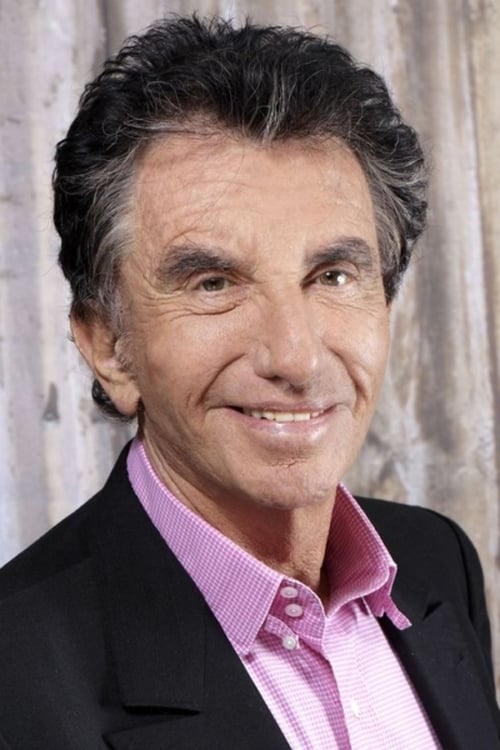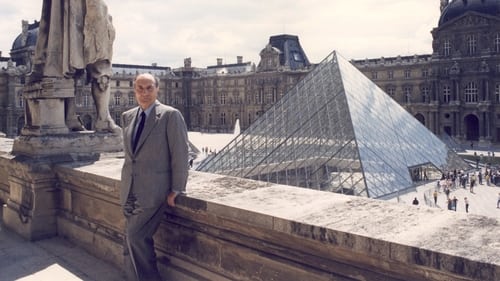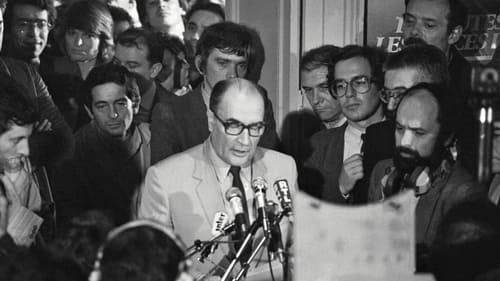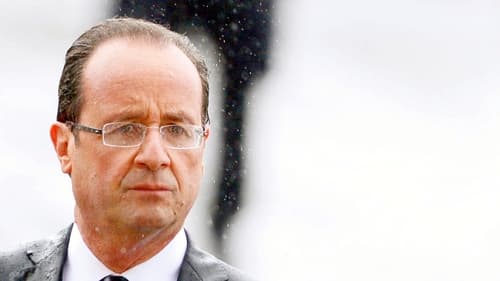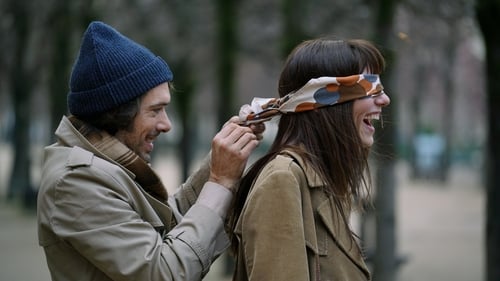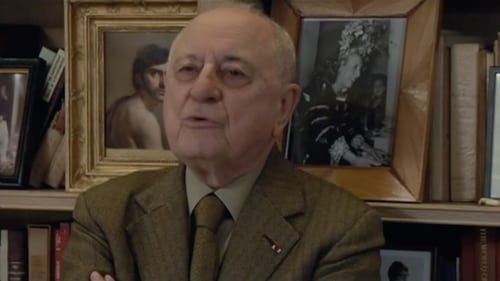Jack Lang
出生 : 1939-09-02, Mirecourt, Vosges, France
略歴
Jack Mathieu Émile Lang (born 2 September 1939) is a French politician. A member of the Socialist Party, he served as Minister of Culture from 1981 to 1986 and again from 1988 to 1993, as well as Minister of National Education from 1992 to 1993 and 2000 to 2002.
He was also Mayor of Blois from 1989 until his resignation in 2000. Lang is best known for originating the Fête de la Musique in 1982 as Culture Minister, an all day public music festival which occurs yearly on 21 June in France and throughout the world. Since 2013 he has been president of the Arab World Institute in Paris.
Jack Lang was born to Roger Lang and Marie-Luce Bouchet in Mirecourt, in the département of Vosges. His father's family were a secular, assimilated, well-to-do Jewish family based in Nancy. Roger Lang was the commercial manager of the family business which was founded by Jack's grandfather Albert. Roger and Albert were both freemasons. Jack's mother, Marie-Luce Bouchet, a Catholic, was born in 1919 as the daughter of Emile Bouchet, who died in 1926, and Berthe Boulanger, a nurse who was also a freemason.
In 1938, Albert and Roger sent their wives to Vichy because of the threat of war with Germany. After the German invasion, Albert Lang and his wife moved to Brive-la-Gaillarde in Corrèze. The very young Jack and his mother went to stay with his great grandmother (the mother of Berthe Boulanger) in Cholet and subsequently moved to Bordeaux. His father Roger was first mobilized in Luneville, and then joined his parents and his brother-in-law Luc Bouchet in Brive. Jack and his mother also joined them in Brive after the bombing of Bordeaux. Jack Lang's father was sentenced by the court in Brive for failure to report his children as Jews, but was later acquitted by the Court of Appeal on the ground that the children's mother was a Catholic. He had followed the advice of the rabbi of Brive, David Feuerwerker. Roger Lang was nevertheless placed under house arrest. Berthe Bouchet (Boulanger) visited the Langs in April 1942 when her daughter was about to give birth to her third child, Marianne. In 1943, Berthe was arrested in Nancy by the Gestapo for acts of propaganda and resistance. She was deported to Ravensbrück and died in the spring of 1945.
Jack Lang studied political science at the Institut d'Études Politiques de Paris, and went on to receive a postgraduate degree in public law. His career then focused on a combination of teaching and culture and the arts. He was the founder and producer of Festival du Monde in Nancy, was director of the Nancy University Theatre from 1963 to 1972, and then director of the Théâtre national de Chaillot from 1972 to 1974. At the same time he was a professor of international law from 1971 to 1981 at Nancy University and then Paris Nanterre University. He married Monique Buczynski in 1961. The couple have two daughters.
In 1997, he was President of Jury to the 47th Berlin International Film Festival.
Lang entered politics as a Socialist member of the French National Assembly from Paris in 1977. He is best known for having served as Minister of Culture (22 May 1981 – 19 March 1986 and 13 May 1988 – 29 March 1993) and as Minister of Education (3 April 1992 – 29 March 1993 and 27 March 2000 – 5 May 2002). ...
Source: Article "Jack Lang (French politician)" from Wikipedia in English, licensed under CC-BY-SA 3.0.
